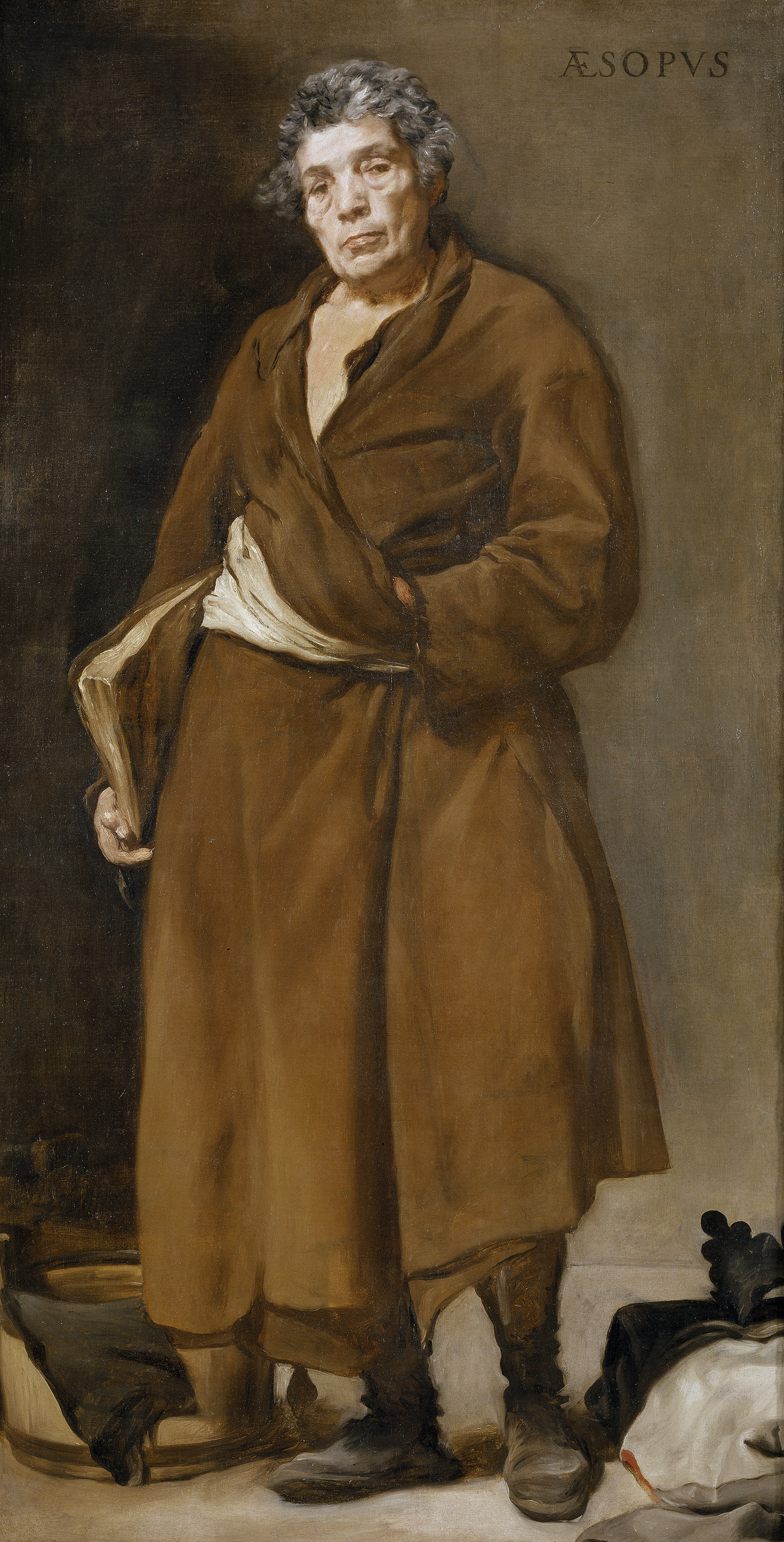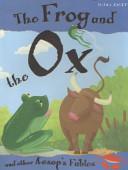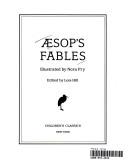“No act of kindness, no matter how small, is ever wasted.”
The Lion and the Mouse.
Variant: No act of kindness, no matter how small, is ever wasted.
Aesop was a Greek fabulist and storyteller credited with a number of fables now collectively known as Aesop's Fables. Although his existence remains unclear and no writings by him survive, numerous tales credited to him were gathered across the centuries and in many languages in a storytelling tradition that continues to this day. Many of the tales are characterized by animals and inanimate objects that speak, solve problems, and generally have human characteristics.
Scattered details of Aesop's life can be found in ancient sources, including Aristotle, Herodotus, and Plutarch. An ancient literary work called The Aesop Romance tells an episodic, probably highly fictional version of his life, including the traditional description of him as a strikingly ugly slave who by his cleverness acquires freedom and becomes an adviser to kings and city-states. Older spellings of his name have included Esop and Isope. Depictions of Aesop in popular culture over the last 2500 years have included many works of art and his appearance as a character in numerous books, films, plays, and television programs.
Wikipedia

“No act of kindness, no matter how small, is ever wasted.”
The Lion and the Mouse.
Variant: No act of kindness, no matter how small, is ever wasted.
“Be careful of rich and powerful men for they will do nothing for your sake.”
The Greediest Man On Earth.
“The fly sat upon the axel-tree of the chariot-wheel and said, 'What a dust do I raise!”
The Fly on the Wheel.
The Lion, the Fox, and the Beasts.
“I will have nought to do with a man who can blow hot and cold with the same breath.”
The Man and the Satyr.
“The boy cried "Wolf, wolf!" and the villagers came out to help him.”
The Shepherd Boy and the Wolf.
“Better be wise by the misfortunes of others than by your own.”
The Lion, The Ass, And The Fox Hunting.
The Goose with the Golden Eggs.
“People often grudge others what they cannot enjoy themselves.”
The Dog in the Manger.
“A crust eaten in peace is better than a banquet partaken in anxiety.”
The Town Mouse and the Country Mouse.
“Enemies' promises were made to be broken.”
The Nurse and the Wolf http://books.google.com/books?id=5llsEPwcG2wC&q=%22promises+were+made+to+be+broken%22&pg=PA109#v=onepage, as translated by Joseph Jacobs (1894).
The Bundle of Sticks.
Source: Aleksandr Panayotov Aleksandrov (2021) cited in " Bulgarian cosmonaut urges international cooperation for Mars, Moon missions https://www.reuters.com/article/bulgaria-cosmonauts-idUSL8N21T1Z6" on Reuters, 11 April 2019.
“It is not only fine feathers that make fine birds.”
The Jay and the Peacock.

